Practice Reflections | Are You Maximizing Your Workouts?
Practice Reflections | Are You Maximizing Your Workouts?
Caeleb Dressel and Katie Ledecky have both been open about their use of practice logging and journaling. Following the London Olympic Games, Michael Phelps stated that a reflective journal was a critical part of his success.
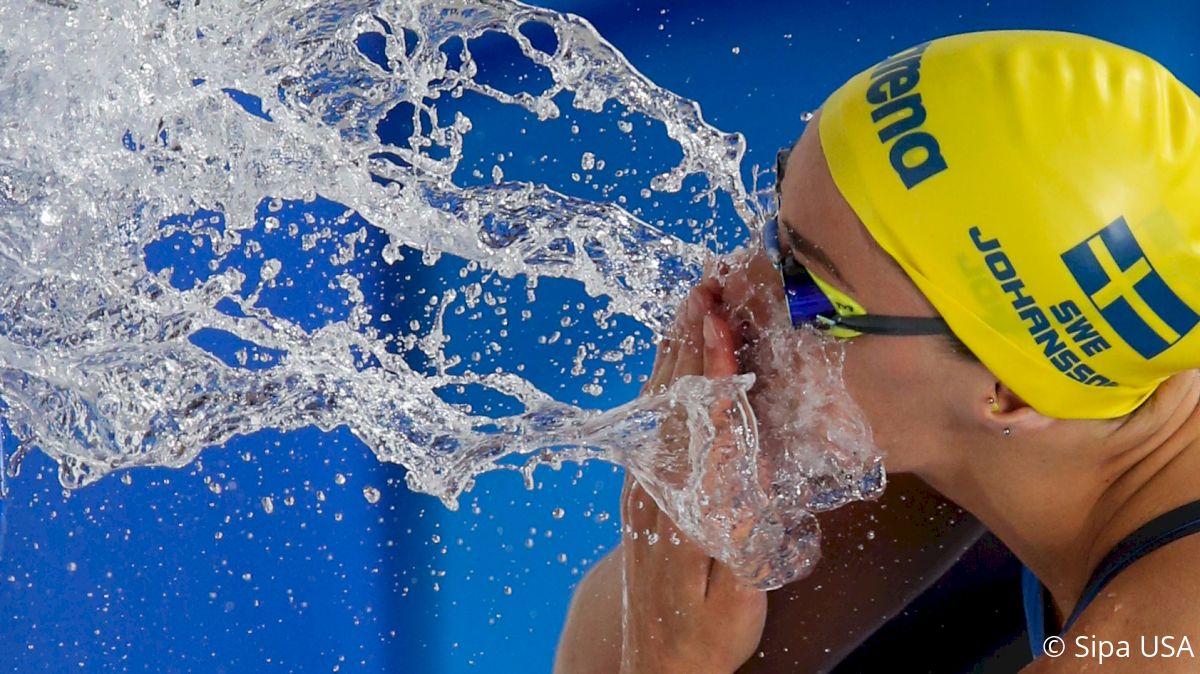
Setting goals is only helpful if you hold yourself to them day after day. It's no secret that the best swimmers and athletes take time to reflect on their practice habits, performances, and progress. Caeleb Dressel and Katie Ledecky have both been open about their use of practice logging and journaling. Following the London Olympic Games, Michael Phelps stated that a reflective journal was a critical part of his success.
Self-reflection via practice and performance evaluations, journaling, and discussions with a coach can generate invaluable information for improvement. For someone who struggles with over-analyzing things, journaling can also be a way to vent out doubts, channel emotions, and develop game plans. Tennis legend Serena Williams endorses journaling for this reason.
Taking the time to journal or free-write for five to 10 minutes, three times a week, can have a huge impact on your self-awareness. If you struggle with this, you can ask someone close to you (parent, close friend, coach) for their feedback as well.
In a sport like swimming, where repetition is constant, it is easy to get stuck with unproductive routines and bad habits. Taking the time to reflect increases your knowledge of these problems and can lead to change. Asking a coach about how they see your routines, strengths, and weaknesses can give you a more complete picture. They may see blindspots of which you're unaware.
When you consistently take the time to reflect on your practice, you should hold yourself more accountable to your goals. The best evaluation practices include stating a daily goal and reflecting on if you accomplished it or not. Knowing that you will have to honestly "look yourself in the mirror" post-practice should increase your motivation during practice and your overall accountability to your goals.
Detailed practice and performance logs should give you an insightful overview of your progress throughout a training cycle or season. It can be a powerful confidence boost to read early-season reflections and see the progress you have made.
Maybe you have shifted your aerobic 100s average from a 1:12 to 1:09, or improved your 200 specialty pace from a 33 to a 31.5. Maybe your cross-over turn has transformed from illegal to a true weapon, or you can effortlessly hit two more kick-outs off your walls compared to last season. Seeing the evidence on paper or on your device can be reaffirming that your consistent hard work and focus is paying off and that you are ready to perform.
I recommend for my athletes to analyze their physical effort, technique, focus, resiliency, and leaderships skills after each practice. Stating your daily goal and what you can do better tomorrow is also highly encouraged. In addition to these general guidelines, the best evaluation practices are individualized to your needs.
So, are you ready to add this mental skill to your arsenal? Set up a time to talk to your coach about your blindspots. Combining your own self-awareness and feedback from a coach, develop a template for evaluation specific to your needs. Print off enough copies for the week or commit to doing it on your device. Take five to 10 minutes after each practice to reflect on your progress -- the benefits are bountiful.
Self-reflection via practice and performance evaluations, journaling, and discussions with a coach can generate invaluable information for improvement. For someone who struggles with over-analyzing things, journaling can also be a way to vent out doubts, channel emotions, and develop game plans. Tennis legend Serena Williams endorses journaling for this reason.
Taking the time to journal or free-write for five to 10 minutes, three times a week, can have a huge impact on your self-awareness. If you struggle with this, you can ask someone close to you (parent, close friend, coach) for their feedback as well.
In a sport like swimming, where repetition is constant, it is easy to get stuck with unproductive routines and bad habits. Taking the time to reflect increases your knowledge of these problems and can lead to change. Asking a coach about how they see your routines, strengths, and weaknesses can give you a more complete picture. They may see blindspots of which you're unaware.
When you consistently take the time to reflect on your practice, you should hold yourself more accountable to your goals. The best evaluation practices include stating a daily goal and reflecting on if you accomplished it or not. Knowing that you will have to honestly "look yourself in the mirror" post-practice should increase your motivation during practice and your overall accountability to your goals.
Detailed practice and performance logs should give you an insightful overview of your progress throughout a training cycle or season. It can be a powerful confidence boost to read early-season reflections and see the progress you have made.
Maybe you have shifted your aerobic 100s average from a 1:12 to 1:09, or improved your 200 specialty pace from a 33 to a 31.5. Maybe your cross-over turn has transformed from illegal to a true weapon, or you can effortlessly hit two more kick-outs off your walls compared to last season. Seeing the evidence on paper or on your device can be reaffirming that your consistent hard work and focus is paying off and that you are ready to perform.
I recommend for my athletes to analyze their physical effort, technique, focus, resiliency, and leaderships skills after each practice. Stating your daily goal and what you can do better tomorrow is also highly encouraged. In addition to these general guidelines, the best evaluation practices are individualized to your needs.
Struggle with resiliency during practice?
Rate your mental toughness. Include three to four thoughts you had throughout practice (especially when it got tough). Log whether you used any reframing or mantras to power through the tough times. What was your entering mindset?Need to focus better?
Definitely incorporate daily goals into your logs. Write down your use of focus cues. Log what drills you used and if they helped your technical focus. How was your focus and mindset going into practice?How was your physical effort?
Log your sets, times, averages, and heart rate. Did your mindset aid or hinder your effort?Are you being a leader?
Start a group stretch or cheer before/after practice? Were you encouraging or negative through the grind? Log an example or two of your leadership.Lack the energy to be at your best?
Start a hydration, nutrition, and/or sleep log. Assess these habits to see if you could change for the better. Analyze your recovery routines. Did your self-talk stay focused on your exhaustion and pain or did you reframe?Looking to increase your stable confidence?
Write two to three micro-victories you had throughout each practice. Write down 2-3 powerful affirmations or moments when you used great self-talk. Log your use of mental imagery. Reflect on your progress throughout the season.So, are you ready to add this mental skill to your arsenal? Set up a time to talk to your coach about your blindspots. Combining your own self-awareness and feedback from a coach, develop a template for evaluation specific to your needs. Print off enough copies for the week or commit to doing it on your device. Take five to 10 minutes after each practice to reflect on your progress -- the benefits are bountiful.
Related Content
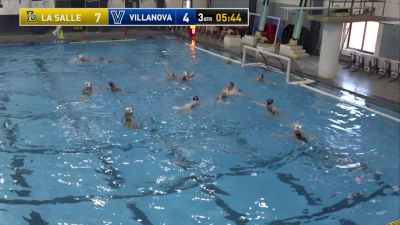 Replay: Le Salle vs Villanova - WWP - 2024 La Salle vs Villanova | Apr 7 @ 3 PM
Replay: Le Salle vs Villanova - WWP - 2024 La Salle vs Villanova | Apr 7 @ 3 PMApr 7, 2024
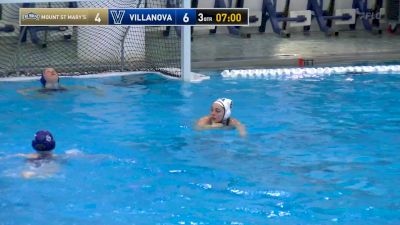 Replay: Mount St. Mary's vs Villanova - WWP - 2024 Mount St. Mary's vs Villanova | Apr 6 @ 7 PM
Replay: Mount St. Mary's vs Villanova - WWP - 2024 Mount St. Mary's vs Villanova | Apr 6 @ 7 PMApr 7, 2024
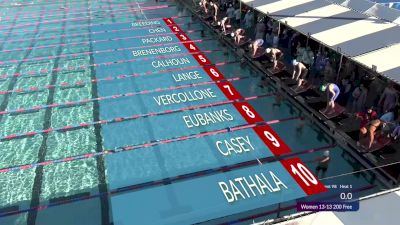 Replay: Finals - 2024 ISCA East Coast Elite Showcase | Apr 6 @ 4 PM
Replay: Finals - 2024 ISCA East Coast Elite Showcase | Apr 6 @ 4 PMApr 7, 2024
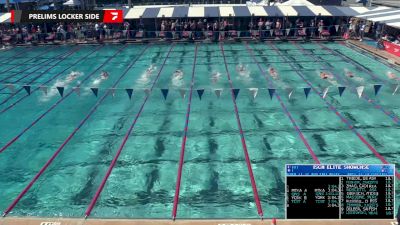 Replay: Prelims Locker Side - 2024 ISCA East Coast Elite Showcase | Apr 6 @ 8 AM
Replay: Prelims Locker Side - 2024 ISCA East Coast Elite Showcase | Apr 6 @ 8 AMApr 6, 2024
 Replay: VMI vs Villanova - WWP - 2024 VMI vs Villanova | Apr 6 @ 11 AM
Replay: VMI vs Villanova - WWP - 2024 VMI vs Villanova | Apr 6 @ 11 AMApr 6, 2024
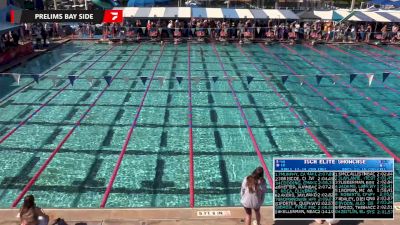 Replay: Prelims Bay Side - 2024 ISCA East Coast Elite Showcase | Apr 6 @ 9 AM
Replay: Prelims Bay Side - 2024 ISCA East Coast Elite Showcase | Apr 6 @ 9 AMApr 6, 2024
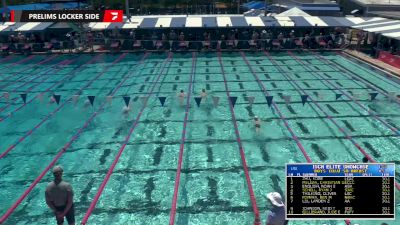 Replay: Prelims Locker Side - 2024 ISCA East Coast Elite Showcase | Apr 5 @ 8 AM
Replay: Prelims Locker Side - 2024 ISCA East Coast Elite Showcase | Apr 5 @ 8 AMApr 6, 2024
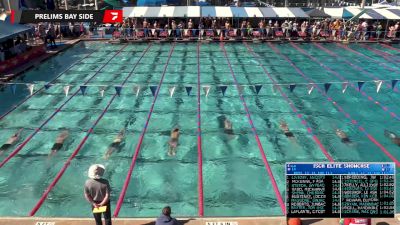 Replay: Prelims Bay Side - 2024 ISCA East Coast Elite Showcase | Apr 5 @ 8 AM
Replay: Prelims Bay Side - 2024 ISCA East Coast Elite Showcase | Apr 5 @ 8 AMApr 5, 2024
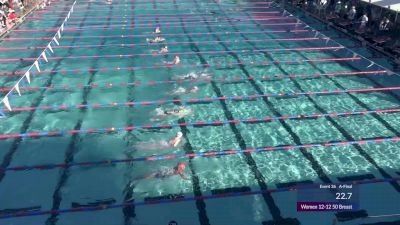 Replay: Finals - 2024 ISCA East Coast Elite Showcase | Apr 4 @ 4 PM
Replay: Finals - 2024 ISCA East Coast Elite Showcase | Apr 4 @ 4 PMApr 5, 2024